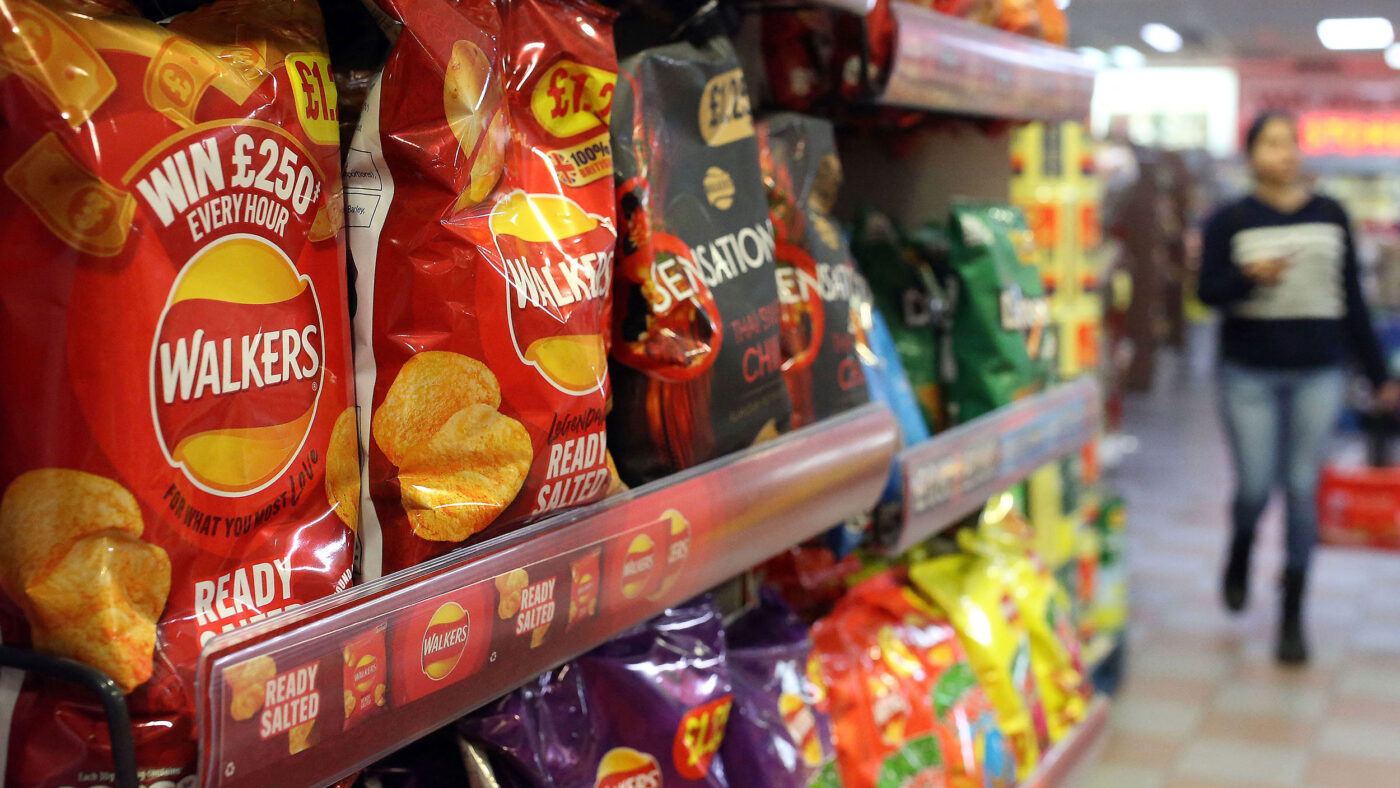When is a poppadom a crisp? It’s the kind of question a philosophy undergraduate might fret over the night before a deadline. But under UK law, this bizarre quandary has recently taxed some of the country’s leading legal minds.
In January, a tax tribunal ruled that poppadoms are crisps, at least when they come in a crisp packet, are stocked in the bagged snack aisle, are marketed as crisps and have a high potato content. If it looks like a crisp, is made like a crisp and acts like a crisp, the taxman is justified in treating it like one.
It looks like the end of a dispute between Walkers and HMRC that has run on for several years. The crisp manufacturer had hoped to avoid a hefty tax bill in claiming its Sensation Poppadoms aren’t crisps, allowing the snack to qualify for the zero rate of VAT, as opposed to the standard rate of 20% that applies to potato crisps.
This reflects the general approach of HMRC. By default grocery food is zero rated, with the categories slapped with the standard rate likelier to be considered junk food or otherwise unhealthy. So while fruit, vegetables, bread and meat are zero rated, the likes of ice cream, confectionery, and alcoholic drinks are standard rated.
That’s before you get to the exceptions to the exemptions, which is where things become strange. The 20% rate usually applies to ice cream, except when the ice cream comes in the form of a Baked Alaska. Sorbets and cereal bars are likewise standard rated, while mousses and flapjacks are zero rated.
These aren’t even the most peculiar or seemingly-arbitrary distinctions. Tea is zero rated, except when it’s claimed to have a medicinal effect, as with senna tea. A frozen yoghurt is standard rated, unless you thaw the product before eating it. Even vegetables can be standard rated if they are sold as ornaments rather than edibles.
The overall effect is of the government having randomly advantaged certain foods over others. And while smaller companies have to put up with it, it’s understandable that larger food manufacturers and retailers think it worth taking the matter to court when there’s tens of millions of pounds at stake.
That’s why Walkers isn’t the only company that’s disputed the definition of a crisp. In 2009, Procter & Gamble claimed unconvincingly that Pringles were not similar to crisps because the potato content was not high enough. The appeals court was not persuaded by this argument, determining that Pringles were enough like crisps to be standard rated, generating annual VAT of about £20m.
Other fertile battlegrounds for arcane disputes over food categorisation include confectionery. Only in October 2022, a tribunal verdict suggested that confectionery makers could escape the standard rate by tweaking the size of their product.
Innovative Bites convinced the tribunal that its giant-sized Mega Marshmallows shouldn’t be classed as confectionery since they were intended for roasting rather than as a ready-to-eat snack. The result is a bizarre regime where giant marshmallows for roasting and mini marshmallows for baking are zero rated, while regular marshmallows are standard rated.
Legal skirmishes have also been fought over the line between cakes and biscuits. Going back to the early nineties, United Biscuits sought a ruling to establish that its Jaffa Cakes were zero-rated cakes after HMRC tried to reclassify the products as standard-rated chocolate-covered biscuits.
In United’s favour was that Jaffa Cakes are made of cake ingredients and the majority of the product is sponge cake. Working against the company was the size, packaging and marketing of Jaffa Cakes, which had more in common with biscuits. In the end, the cake definition won.
Such cases make for amusing reading, good pub quiz fodder, and a feast for lawyers and tax advisors. But the frequently bizarre and sometimes subjective conclusions they yield are rarely of obvious benefit to the consumer, to say nothing of the food manufacturers and retailers trying to navigate the rules.
If the intent is to nudge shoppers towards healthy food, it’s unclear the current rules do that. The legal debates over whether Pringles or Sensations Poppadoms count as crisps take no account of whether they are healthier than alternatives that shoppers might choose. And the rules make unjustified distinctions between things like chocolate-covered biscuits, which are standard rated and chocolate chip biscuits, which are zero rated.
Lately the government has tried to steer shoppers to healthier options, most notably through the rules preventing products classed as high in fat, sugar or salt (HFSS) being displayed in impulse locations in stores. If the government thinks such food should also be more highly taxed, it would be more honest and consistent to apply a sin tax to such products, much like the sugary drink tax.
Better yet, the government could simply make all groceries zero rated, acknowledging that food is an essential rather than luxury purchase, and allowing shoppers to make their own dietary choices. The question of whether a poppadom is a crisp is less interesting to most than whether it’s worth eating.
Click here to subscribe to our daily briefing – the best pieces from CapX and across the web.
CapX depends on the generosity of its readers. If you value what we do, please consider making a donation.


